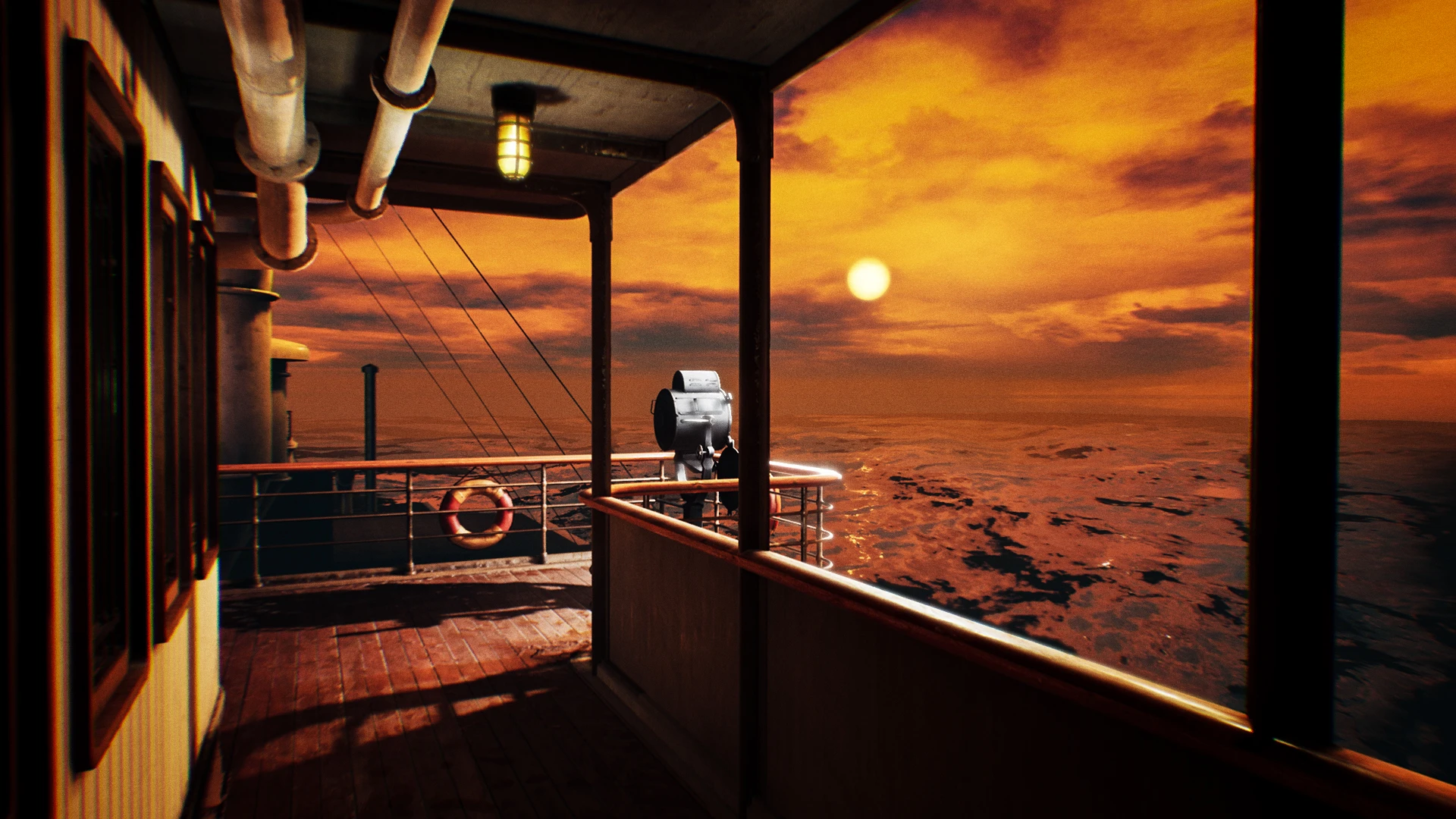
The Return of Low Fidelity Audio
Why lo-fi audio belongs in modern games and more

As a sound designer, I like to have a wide palette of tools at hand. Naturally, I am bound to the digital format, but some unique aspects of sound processed with analogue gear are a perfect fit for certain projects.
Digital sound media has gradually driven out analogue media, to the point that the latter almost became a curiosity. Nowadays, both cassette tapes and vinyl records have become more of a collectible item rather than a viable listening source.

One of the reasons for this is the consistency of sound of modern digital media. MP3 files and online streaming are more convenient, but what are the tradeoffs? We can find that along with the increased accessibility of music, we become less and less attached to specific artists and their work.

The good thing is, analogue sound is coming back. We can see both vinyl and cassette tape recording sales are rocketing throughout the recent years. Moreover, just as we have hi-fi audio and hardware, we also have access to more lo-fi sound processing tools than ever.

Why would any sound designer lower the sound quality on purpose?
The main reason for the comeback might be the feeling of nostalgia that such "imperfect" audio evokes. Whoever remembers that warm feeling of excitement accompanying inserting a new VHS or cassette tape or putting a needle on a yet unheard vinyl record will quite possibly smile when recognizing that distinct crackle.

Along with the recent 80's craze and rise of music genres like synthwave and vaporwave, lo-fi has become an aesthetic, but besides that, it has always been a tool.

For instance – what I have done numerous times while working on audio in Layers of Fear 2 - is recording some audio bits (e.g. monster sounds) way too loud on a cassette tape put inside my 70’s recorder resulting in distorted audio.

I sacrificed some of the clarity of the original material but what I gained in return are sounds that I find unnatural, kind of creepy, but somehow familiar at the same time.

Nowadays you can achieve similar results with audio processing software but hey, where’s the fun in that? In my opinion, using an actual physical device (while less convenient) can challenge your usual workflow and make you do something that you would not think about in the first place.
So, if lo-fi is so cool, should we be recording everything on cassette tapes now?
Not really. After all, video games are obviously a digital medium. Also, you can think of lo-fi sounds like a specific kind of spice. You can't just put it on everything and expect it to work every time. But it’s nice to have it in your drawer. Especially if you develop a taste for it like I have.

Brunon Lubas is a sound designer for Layers of Fear 2. He is also a composer and has released 5 LP albums, one of which was awarded album of the year in his native Poland.